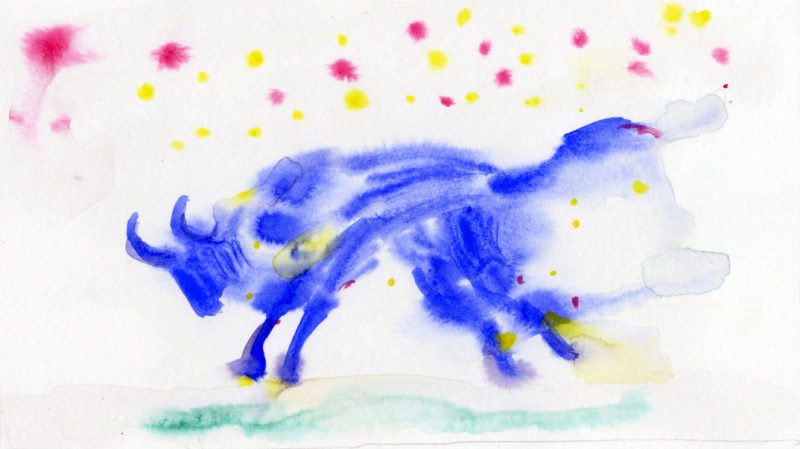Papo stole a car so he wouldn’t be late for school, the first bell
and the last chapter of the book you taught in English class.
He wanted to know how the story would end. His story ended
in handcuffs and jail, his gold star attendance record ruined.
I would steal a car for you, even though the keys no longer
dangle from the ignition as they did the year I was born.
I’ve never stolen a car, though I confess to vandalism,
ripping the hood ornament off a Mercedes to improvise
a belt buckle. My pants fell down anyway, leaving me
with skinned knees, a mouth spraying obscenities
and a story to tell. My pants still fall down today,
and you laugh till your face turns birthday-balloon pink,
so I do it again, a rodeo clown rehearsing the rescue
of the cowboy from the horns of a charging bull.
I may be sixty-two, but I wish I could steal a car for you.
You would spin the wheel and parallel park, graceful
as an ice skater gliding backwards in a figure-eight.
I would have a story to tell, not a story where I play
all the parts with all the voices, only to learn that
you’ve heard the story a dozen times before. I would
steal a car to hear your stories, the tale of the boy
who stole a car so he would not be late for school.
I’ve heard the story many times before, but tell me
again about the first time we sat together and you knew
what all the crooners of all the ballads on all the car
radios in history could never find the words to sing:
I felt my blood flinch, you say. Tell me again how
you offered up a bag of raw almonds in your hand
and my fingers dipped into the bag. Tell me again
and again how we slow-danced in the parking lot
to the crooning of a Cuban ballad singer on the car radio.
